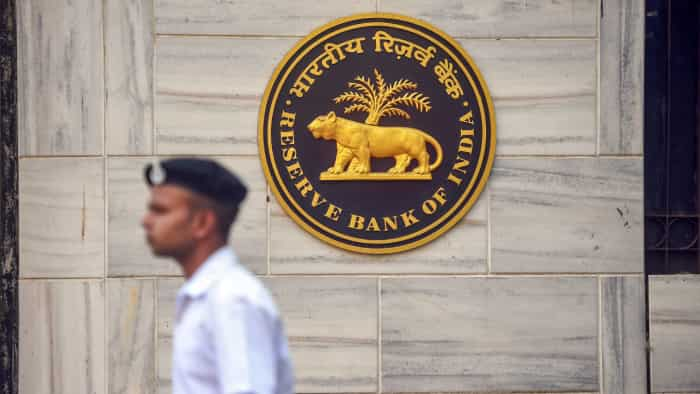EXPLAINED | What monthly F&O expiry really is and why it matters
Futures and Options (F&O) trading involves complex financial instruments, and understanding the concept of monthly F&O expiry is crucial for traders.
)
Futures and Options (F&O) trading involves complex financial instruments that are derived from underlying assets such as stocks, indices, or commodities. A critical aspect of F&O trading is the concept of “expiry,” a pre-determined date at which the contract ends. This article aims to demystify the monthly F&O expiry, offering insights into what it is, why it matters, and how traders can navigate it.
What F&O expiry date means
F&O contracts are financial instruments that are derived from underlying assets such as stocks, indices, or commodities. An expiry date in this context is a pre-determined date when the contract concludes. The standard expiration date for F&O contracts is the last Thursday of each month. These contracts are agreements to buy or sell an underlying asset at a pre-set price on or before a specified date. However, certain other contracts expire on other days of the week instead like the BSE’s Sensex and Bankex F&O contracts which expire on the last Friday of each month.
While the NSE had recently floated a plan to move the expiry date for futures and contracts of NiftyBank to Friday from Thursday, the bourse scrapped the plan after listening to market feedback.
F&O expiry date basics explained
The expiry date marks the settlement of the F&O contracts, leading to heightened market volatility as traders adjust their positions. This often results in notable movements in stock prices, with arbitrage trading and assessments of underlying assets also influencing prices near the expiry date.
The profit or loss of an F&O contract at expiration significantly depends on the premium paid and the difference between the futures contract price and the option's strike price.
For instance, selling a call option with a premium of Rs 200 can result in various outcomes depending on the futures price at expiration. If the futures price is greater than the option's strike price (the option is 'in the money'), it might result in a net loss or profit based on the price difference. Conversely, if the futures price is less than the strike price (the option is 'out of the money'), it leads to a capped net profit equivalent to the premium.
What happens on a derivatives (F&O) expiry day
Given the increased volatility on the expiry day, traders can adopt various strategies to manage risks and possibly make profits. It's crucial to understand the market range and apply effective execution methods. Additionally, traders can square off their positions before expiry to avoid losing the total premium paid, alongside taxes and brokerage charges.
It’s important to note that while futures contracts must be settled before expiration, options contracts do not bear penalties if not settled. The latter grants the right, but not the obligation, to buy or sell, offering flexibility to traders.
The expiry day impacts market sentiment and affects indices such as the NSE Nifty 50 and Bank Nifty, with analysts often forecasting trends based on support and resistance levels. The anticipation of these movements can lead to increased trading activity and market volatility.
Get Latest Business News, Stock Market Updates and Videos; Check your tax outgo through Income Tax Calculator and save money through our Personal Finance coverage. Check Business Breaking News Live on Zee Business Twitter and Facebook. Subscribe on YouTube.
RECOMMENDED STORIES

Katra-Srinagar Vande Bharat Train: Northern Railway announces train timings; check fare, route and other key details

Power of Rs 15,000 SIP: How long it will take to achieve Rs 7 crore corpus? See calculations to know

RBI Rule: New system for online money transfers to be implemented from April 1, 2025; here's all you need to know
04:42 PM IST









 Nifty Financial Services FIN Nifty weekly options contract discontinues today: All you need to know
Nifty Financial Services FIN Nifty weekly options contract discontinues today: All you need to know Explained: Earn passive income from F&O trading? This is when you need to file an ITR & how to calculate your income tax liability
Explained: Earn passive income from F&O trading? This is when you need to file an ITR & how to calculate your income tax liability